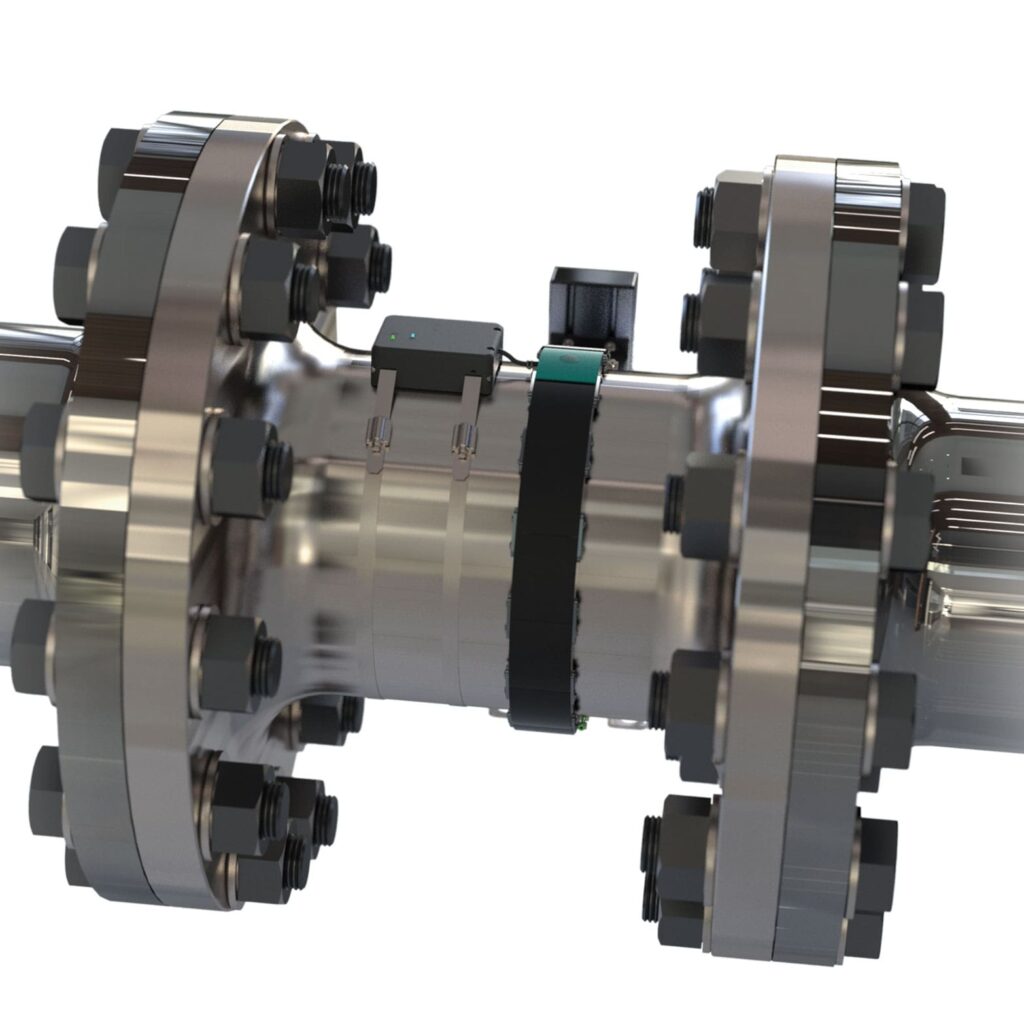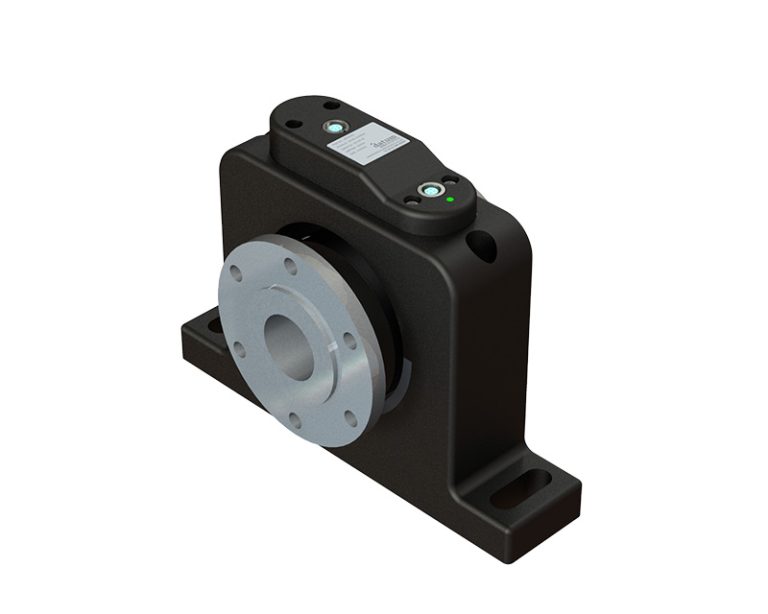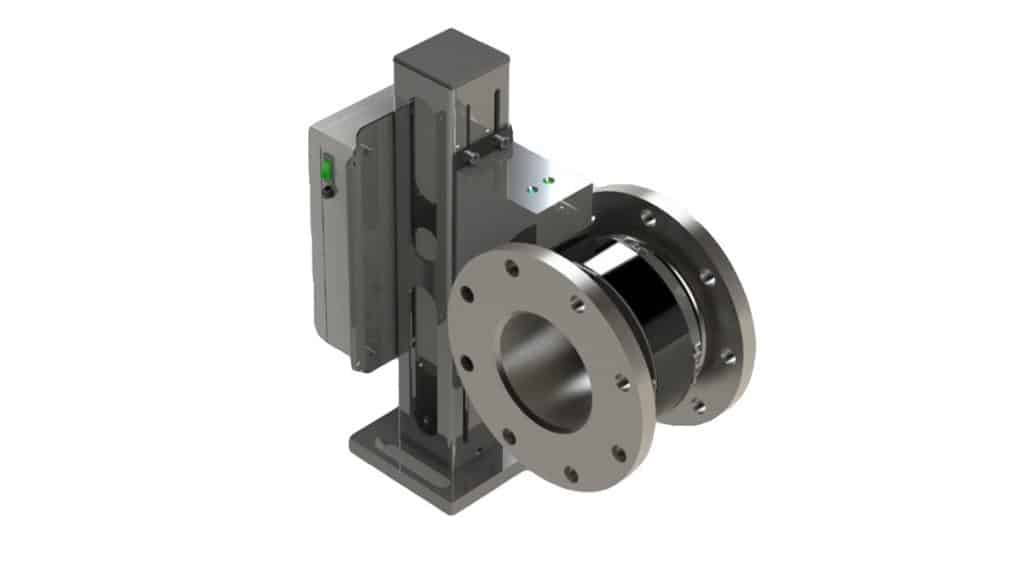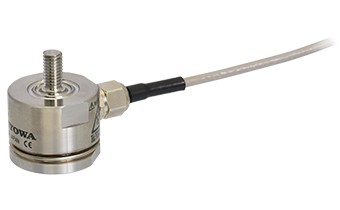
Load cells and force sensors
We offer a wide range of load cells and force sensors for measurement applications in the industrial and scientific research fields.
Load cells are transducers that convert mechanical force or load into an electrical signal. They are used in a wide range of applications across various industries due to their ability to measure force accurately. Here are some common uses of load cells:
The versatility of load cells makes them indispensable in a wide range of applications, contributing to efficiency, safety, and precision in numerous industries.
We offer a wide range of high-performance load cells from Kyowa for R&D and scientific applications
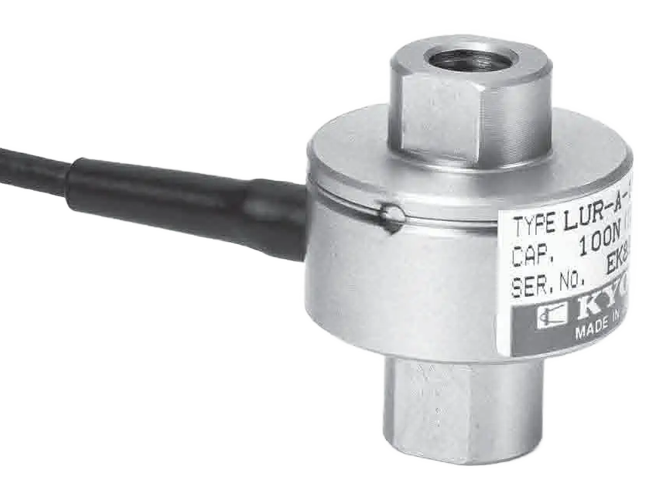
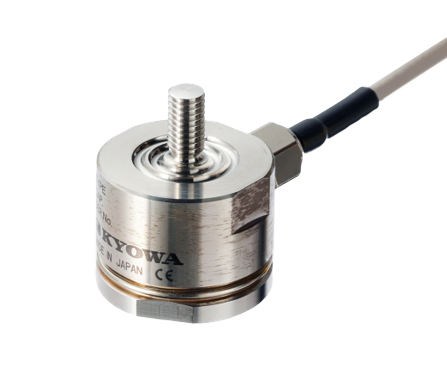
We offer a wide range of load cells from Laumas for industrial weighing and batching applications
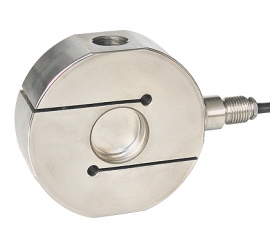
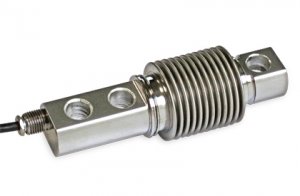
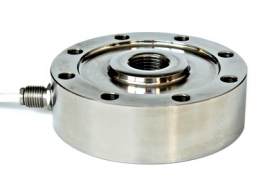
We offer a wide range of torque sensors for industrial and scientific fields
